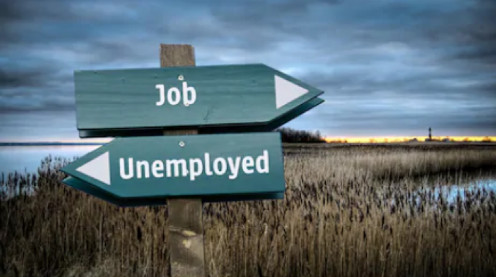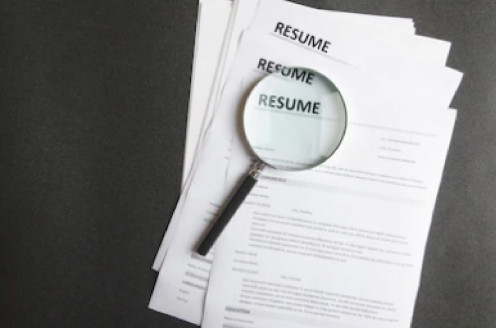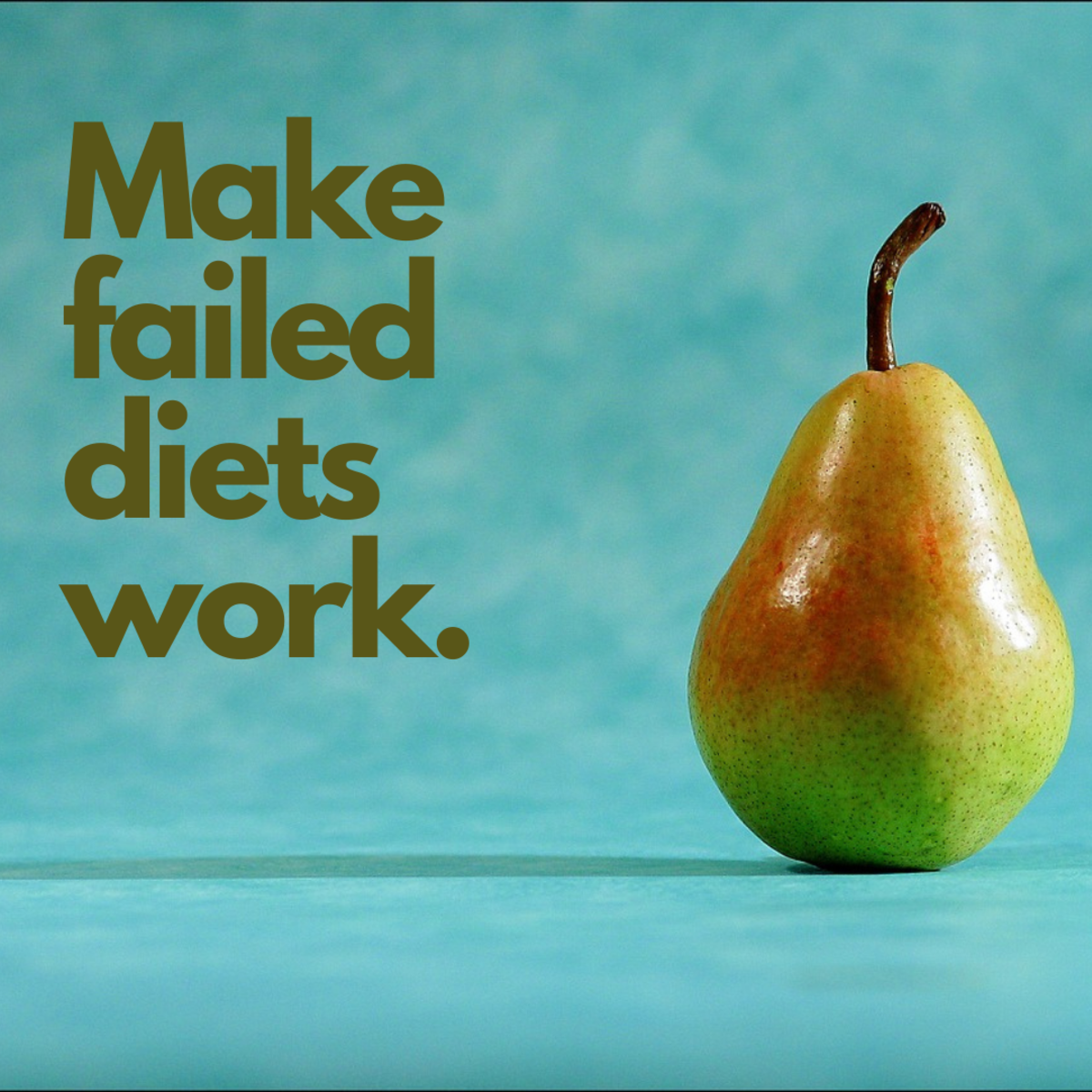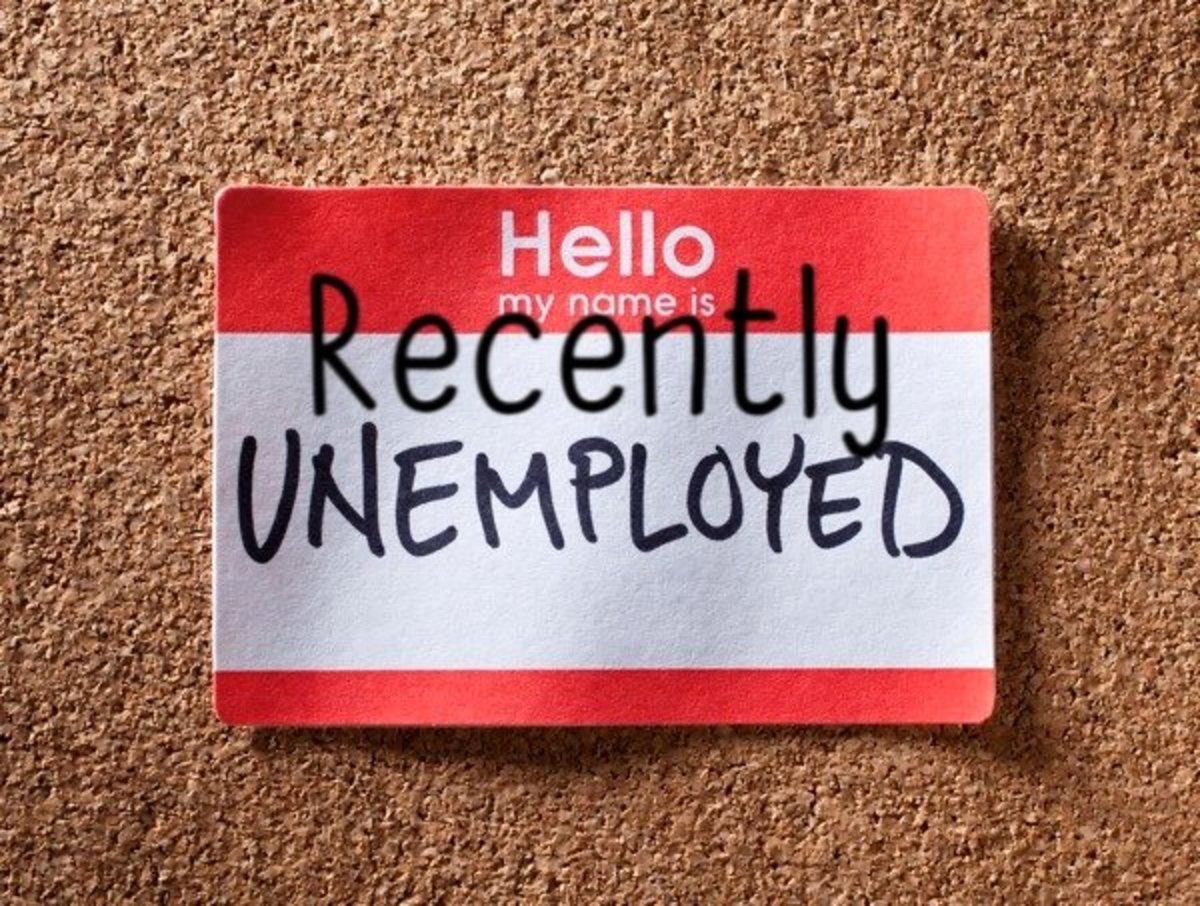Five Ways to Stay Positive When You're Job Hunting

Response to Job Loss is Always a Choice
Abraham Lincoln is often quoted as having once said, “A person will be just about as happy as they make up their minds to be.” The idea behind this quote is that you—and only you—can control how you allow yourself to think about something—even the loss of a job. How you allow yourself to think about it will exert influence over your state of being, and this is actually good news. Why? Because it says you have a great amount of control over how you feel and how you behave in response to what happens in your life.
Most of us have no control over an employer’s decision to either fire or lay us off. But we all have complete control over how we allow ourselves to react to such decisions, and over what we will do after such decisions are made. You’ve heard this before, but no matter what happens to you, how you respond to it really is a choice. It may sound corny and cliché, but it’s true. We don’t always get to choose or decide what happens in our lives, but we can decide and choose, to a great degree, how we will respond to it. And positive self-talk can help. Using this idea as a foundation, I've developed five tips that can help anyone who is out of work, involuntarily, and is seeking to re-enter the job market.

Keep a Positive Outlook, Do Positive Things to Find Work
1. Work hard to get over the initial shock of job loss—sooner, rather than later.
You can spend too much time mourning any kind of loss, and job loss is no different. There is no doubt in my mind that being fired or getting laid off from a job is a very shocking, stressful event. In fact, it is perhaps one of the most stressful life events anyone can go through. Being out of work (and out of an income) is no picnic. Trust me; I've been out of work for over two years, so I know how stressful and emotionally draining it feels. I also know how depressing it is to hear one news story after another telling you that the outlook for jobs, now and in the near future, is very bleak. Even when you hear news that the economy is showing signs of repair, or that new unemployment claims are on the decrease, if you're still out of work with no good job prospects in sight, it doesn't really sound like good news to you. It’s just something else that can make you feel bad about your situation, if you allow it to.
After losing a job, unless you absolutely hated your job with a passion, no one expects you to feel good about losing it. And even if you did hate your job, you were still working there, so chances are you needed the income. Whether you loved or hated your job, after losing it, your financial future is in jeopardy and you're facing the very real possibility of some very trying times ahead—in all aspects of your life. And even though this is the case, you still have a choice: You can choose to allow yourself to wallow in self-pity for many days, weeks, or even months, or you can tell yourself that you have exactly twenty-four or even forty-eight hours to feel bad—to go through a natural process that might involve denial, anger, and sadness. After that, the positive thing to do is to tell yourself you must recover from the shock, and then get busy doing all you can to change your situation.

2. Try not to engage in excessive whining & blaming after job loss.
It doesn’t matter if you loved or hated your job; the fact of the matter is you must accept that that job is no more. Instead of allowing yourself to mentally complain and whine on and on about your situation, you should use your precious time and your mental energy to remind you of your self-worth and of your value as a worker. When you're unemployed, it is very tempting to beat up on yourself and to take your employer’s decision to let you go as an indictment against you as an employee, as a professional in your field, or even as a human being. But, even if you feel that you need to shoulder some of the blame for your situation, still, you should keep in mind that your ability to bounce back from your setback is going to be related to how you talk to yourself. Blaming yourself, incessantly, for losing your job, is not going to help. Monitoring and checking what you are saying to yourself in the aftermath of your job loss, however, is something that can and will help you. It will help prepare you to begin the process of rebuilding your future, by making sure what you are saying to you is something positive and helpful, and not negative and harmful.

3. Believe in something bigger than your life; stay in touch with your spiritual center.
My faith, as a Christian, helps me put job loss and everything else into perspective. And while I am not preaching to anyone, I do feel that having a strong spiritual “center” can help anyone, tremendously. My faith helps me to know that, “I can do all things through Christ who strengthens me.” My faith helps me pounce upon and defeat thoughts that, without it, I might allow to beat me to a pulp by allowing negative self-talk to rule my thoughts and my days. Instead, my spiritual beliefs provide me with a foundation for using positive self-talk to keep my mind from dwelling on negative thoughts. And there’s something about thinking positive thoughts that will propel you into positive activities, and that can help you as you begin to rebuild your life after job loss.
Lingering too long at the well of gloominess that naturally comes with job loss can only lead you to drinking a lot of negative thoughts, and that can lead to inactivity and worse—drowning in self-pity. Instead, allow your faith to help you make your own sunshine, your own optimism. Believe there is light at the end of your tunnel, and before you know it, you'll be expecting and looking forward to a brighter future.

4. Rethink your job/work/career situation, and then get busy ...
I know from my own experiences that positive self-talk can help you "rethink" your situation. It can help you develop a plan for handling your life as best you can in view of the situation you are facing. Instead of whining and throwing one pity party after another for yourself, get busy reviewing and then rewriting your resume (or, if you can afford it, get a company to do it for you). Create three or four “versions” of your resume matching different careers or jobs you may be equipped to pursue based on your interests, experience and/or education. If you believe that you need more education in order to be considered for your dream job, look into grants and loans you may be able to get to help you go back to school. If going back to school is not an option for you right now, network with family members and friends who may be able to help you find work. And don’t just wait until you see a job ad or announcement before you apply for one, be proactive! Go ahead and blast your resume to companies you think you would love to work for, whether or not they have posted a job. Everyone is applying for the jobs that are listed on Monster.com, Careerbuilder.com, and countless other popular job-listing websites. And even though you should apply for those jobs too, don’t let them be the only jobs you apply for. Apply for jobs you think you are qualified for, and for those that might be a level or two above where you think you are, to spread your job search far and wide.

5. Work to search for work/jobs, every day.
The trick to finding happiness when you're unemployed is to talk yourself into working, every day, to do all you can to change your current situation. Instead of sitting around the house munching chips and whining to anyone who'll listen, get to work. Redo your resume, make a list of companies you’d like to work for, go online and research business opportunities you might be able to take advantage of. Talk yourself into doing something positive, every single day, to change your situation. Remember, the only difference between trying and failing is trying. And as long as you’re trying, you have at least a fifty-percent chance of changing your predicament, whereas if you don’t try, you have a one-hundred-percent chance of not changing it.
"Keep your face to the sunshine and you cannot see the shadows." -- Helen Keller
© 2012 Sallie B Middlebrook PhD








